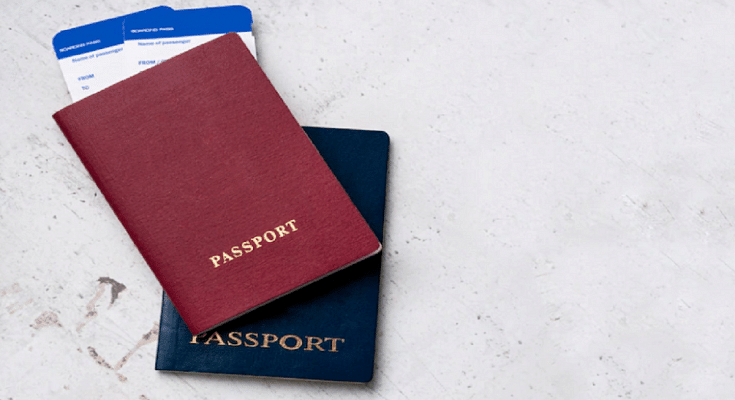Key Highlights
- E-passport in India is likely to roll out by 2022 end
- TCS is working with the MEA to set up a new control center
- This is part of the passport project’s second phase
Tata Consultancy Services is expected to start rolling out chip-based e-passports in India by the end of this year. This is the second major upgrade Tata’s tech giant will undertake for the PSK (Passports Seva Kendra). The company is working with the MEA (Ministry of External Affairs) to set up a new control center.
According to ET’s report, the company will set up a new Passport Seva Kendra and refurbish existing PSKs with renewed infrastructure in the second phase of the passport implementation phase to ensure a more convenient and faster turn-around time. As a passport application is processed, it will also improve citizens’ experiences using technologies such as chatbots, biometrics, and auto-responses. In addition, PSKs around the country will be upgraded in terms of infrastructure in the second phase of the project.
For citizens, the new Indian e-passport will be a biometric passport. A small electronic chip in the passport maintains all of the information including the holder’s name, nationality, and date of birth.
In January, the ministry renewed a 10-year PSK deal with TCS worth over Rs 6,000 crore. The government announced in the budget that chip-based e-passports would be implemented. Until now, this is the country’s largest mission-critical e-governance initiative.
In terms of availability, when the second phase of the project is implemented, new passports issued will come with the chip, while the passports already in circulation will be updated at the time of renewal.
Interestingly, the government issued India’s first e-passport with biometric details to former President Pratibha Patil in 2008. The government has already issued roughly 20,000 e-passports to diplomats and other officials as part of a pilot project.
E-passports are already used in over 100 countries around the world. Before the ICAO approved a global plan for integrating biometrics into passports and other machine-readable travel papers, Malaysia was the first country to deploy an e-passport in 1998. Belgium issued the world’s first ICAO-compliant passport in 2004, while Bangladesh was the first South Asian country to introduce e-passports in 2020.
